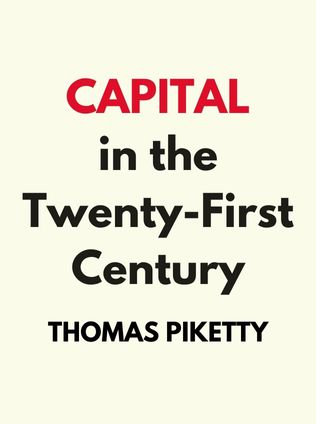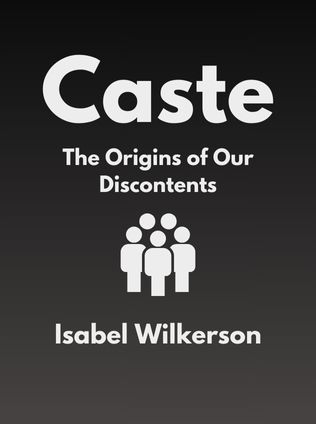
Capital in the Twenty-First Century
A Handy Guide to "Capital in the Twenty-First Century"
By Thomas Piketty
Published 03/2017
About the Author
Thomas Piketty, a prominent French economist, has made a significant mark in the field of economics through his deep exploration of wealth inequality and its implications for society. Born in 1971, Piketty's academic journey led him through some of the most prestigious institutions in Europe, culminating in his professorship at the Paris School of Economics. His research is characterized by a meticulous examination of historical economic data, allowing him to develop a comprehensive understanding of income and wealth distribution over centuries.
Piketty’s work is rooted in the belief that capitalism, if left unchecked, naturally gravitates towards generating inequality. His groundbreaking book, Capital in the Twenty-First Century, published in 2013, catapulted him to international fame. The book is a synthesis of economic history, data analysis, and a bold critique of the modern economic system. Piketty's work has not only sparked widespread academic debate but also influenced public policy discussions, particularly around the ideas of wealth taxation and economic reform.
Main Idea
The central thesis of Capital in the Twenty-First Century is that economic inequality is not an accident, but rather a feature of capitalism that intensifies over time. Piketty argues that the rate of return on capital (denoted as r) tends to exceed the rate of economic growth (denoted as g). This fundamental inequality, expressed as r > g, leads to the concentration of wealth in the hands of a few, as wealth accumulated in the past grows faster than income and output. As a result, Piketty warns of a return to a ‘patrimonial’ society dominated by inherited wealth, where economic mobility is limited, and inequality deepens.
The book is not just a historical analysis; it is a call to action. Piketty advocates for policy measures, such as a progressive global wealth tax, to mitigate the growing divide and to ensure that capitalism works for the many, not just the few. He draws upon extensive data from multiple countries and centuries to support his arguments, making the book both a scholarly work and a socio-political manifesto.
Sign up for FREE and get access to 1,400+ books summaries.
You May Also Like
Rich Dad Poor Dad
What the Rich Teach Their Kids About Money - That the Poor and Middle Class Do Not!
By Robert T. KiyosakiFreakonomics
A Rogue Economist Explores the Hidden Side of Everything
By Steven D. Levitt and Stephen J. DubnerI Am Malala
The Story of the Girl Who Stood Up for Education and Was Shot by the Taliban
By Malala YousafzaiFactfulness
Ten Reasons We're Wrong About the World – and Why Things Are Better Than You Think
By Hans Rosling



















